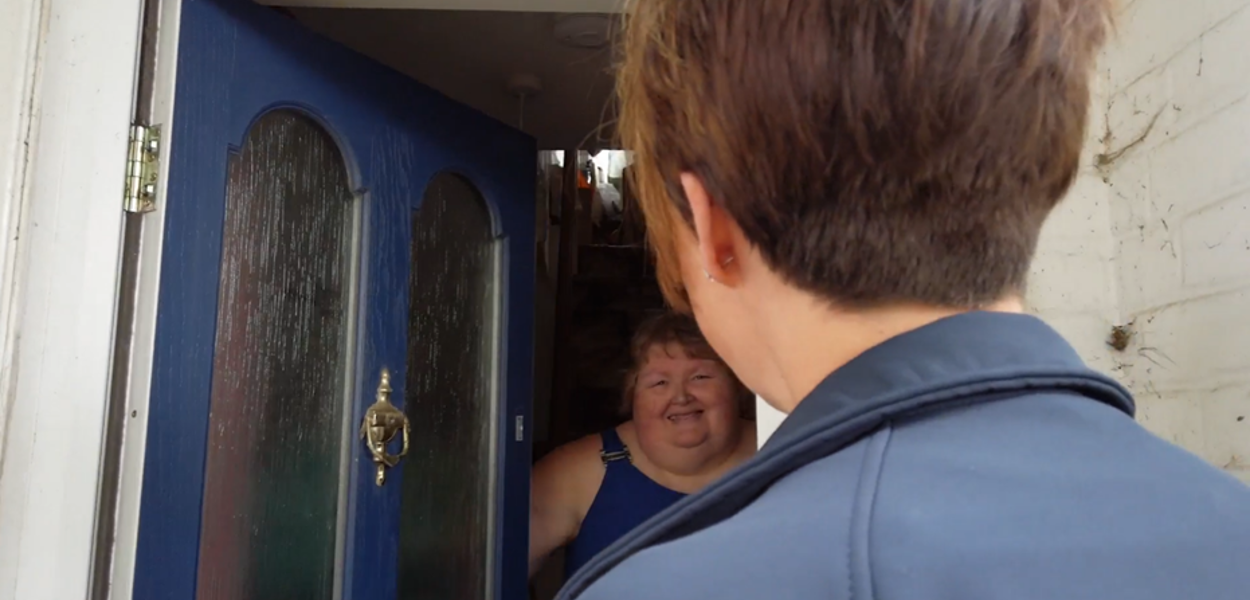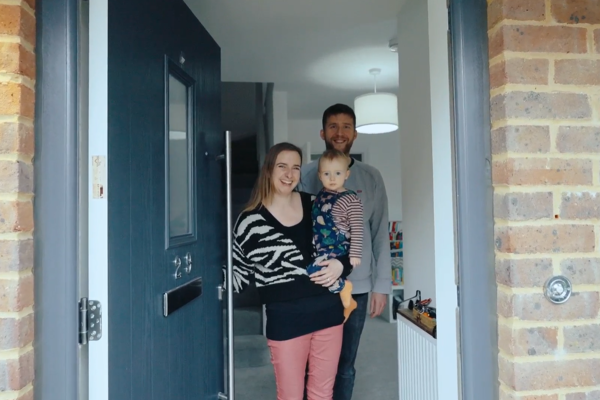
Helping you to manage and maintain your tenancy
We're here to help all residents who are vulnerable, or at risk of losing their home.
Read more about tenancy sustainmentListen to our podcast
Our policy library
Search for the policy documents you need in our comprehensive document library.
Our policy library









